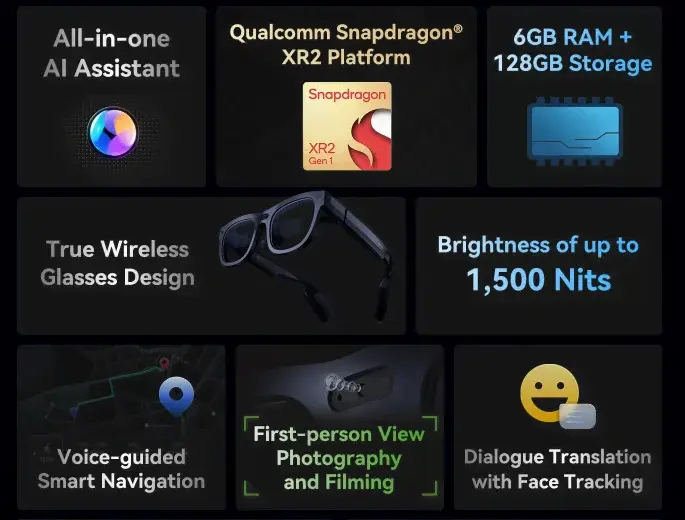OpenAI is advancing its mission to make cutting-edge AI more accessible by unveiling GPT-4o mini. This new model is described as “the most powerful and cost-effective small model at present,” aimed at enhancing the capabilities of OpenAI’s chatbots for a broader audience.
The GPT-4o: A Budget-Friendly Option
In addition to being budget-friendly, GPT-4o mini marks a leap towards OpenAI’s vision of “multimodal” AI. This future concept anticipates a single tool that can generate various media types, including text, images, audio, and video. GPT-4o mini sets the stage by providing a foundation that could integrate these extra functionalities down the line.
OpenAI positions GPT-4o mini as an economical solution, potentially making sophisticated AI features more accessible to developers and businesses. The rollout strategy underscores this objective. Free users of ChatGPT will get immediate access to GPT-4o mini, whereas Plus and Team users can start using it today. Enterprise users will have access next week, indicating a tiered system where basic functionality is free, and more advanced features are available via paid subscriptions.
Derived from GPT-4o
It’s crucial to note that GPT-4o mini is developed from the recently launched GPT-4o, OpenAI’s current flagship model. The “o” in the name represents its “omnidirectional” capabilities, including advancements in audio, video, and text functionalities across 50 languages, alongside improved speed and quality.
The introduction of GPT-4o mini highlights OpenAI’s dedication to democratizing access to its powerful AI models. This initiative could pave the way for a more versatile and user-friendly future in artificial intelligence.




